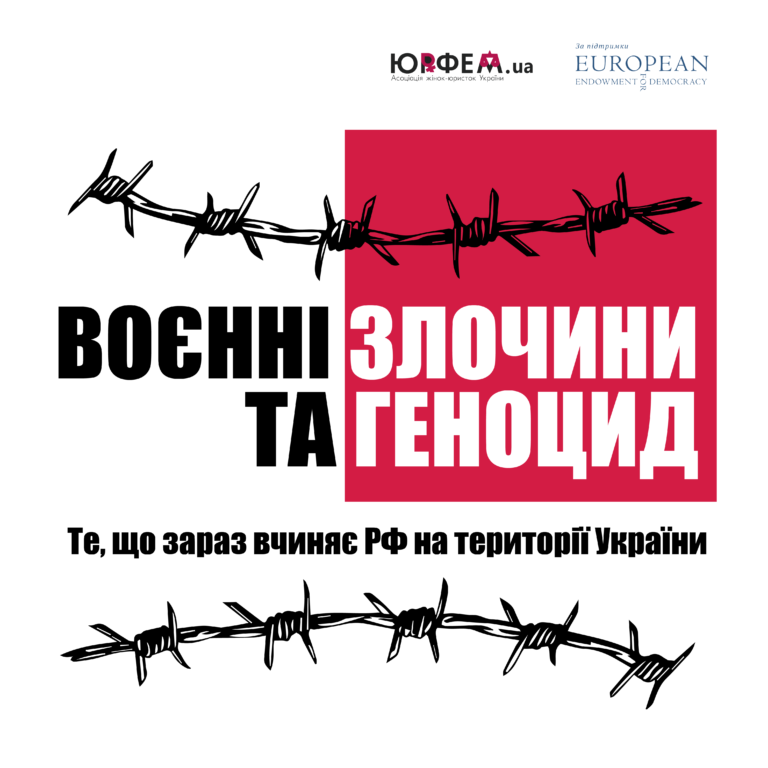Lawyer
War always entails violations of human rights and humanitarian law. War crimes are one of the most serious violations for which international responsibility is provided. In this article, we will examine the legal mechanisms for prosecuting war crimes, as well as the role of lawyers in this process.
Consultation of a lawyer
Consulting a lawyer is an important step for victims of war crimes or for those involved in gathering evidence and preparing for trials. A lawyer helps to understand the legal aspects of war crimes and to determine the best ways to bring the perpetrators to justice. The main issues requiring legal advice include:
Familiarization with international humanitarian law. The lawyer explains the main principles and norms of international humanitarian law that regulate war crimes.
Determination of the composition of the crime. A lawyer helps to determine whether there are facts that fall under the definition of war crimes and what specific actions can be qualified as such.
Legal mechanisms of prosecution. The lawyer advises on possible legal mechanisms for prosecution, including national and international courts.
Analysis of documents
Document analysis is a key part of a lawyer's work in preparation for bringing those guilty of war crimes to justice. The main documents to be analyzed include:
Documents confirming the facts of crimes. These can be eyewitness accounts, photo and video materials, medical reports, documents about destruction, etc. The lawyer analyzes these documents to confirm the facts of the crimes.
International legal acts. The lawyer analyzes international legal acts, such as the Geneva Conventions and other documents regulating responsibility for war crimes.
National legislation. It is important to consider the national laws of the state where the crimes took place, as well as the states where the cases may be heard. The lawyer analyzes the relevant norms of national legislation.
Legal opinion
After analyzing the documents, the lawyer provides a legal opinion, which includes an assessment of the legal situation and recommendations for further actions. A legal opinion may include:
Evaluation of evidence. The lawyer evaluates the provided evidence from the point of view of its sufficiency to qualify the actions as war crimes.
Recommendations on legal steps. The lawyer provides specific recommendations on the legal steps to be taken to bring the perpetrators to justice, including submissions to national or international courts.
Strategy of legal struggle. A legal opinion can also include the development of a legal fight strategy that takes into account all the circumstances and possible risks.
Legal opinion of the lawyer
In more complex cases, where additional legal expertise is required, the parties may contact a lawyer for a legal opinion. A lawyer's legal opinion is a more detailed document that may include:
Deep analysis of the legal situation. The lawyer conducts a comprehensive analysis of the legal situation, taking into account all available facts, documents and evidence.
Proposals for legal aid. The lawyer provides detailed recommendations on the provision of legal assistance, including possible legal proceedings, mediation, appeals to international organizations, etc.
Development of a detailed legal strategy. The lawyer's legal opinion includes the development of a detailed legal strategy that takes into account all possible legal mechanisms for protecting the rights of victims and bringing the perpetrators to justice.
Conclusions
Prosecuting war crimes is a complex process that requires a comprehensive approach and close cooperation between national and international legal institutions. Consulting a lawyer, analyzing documents, providing a legal opinion and a lawyer's legal opinion are key steps that help ensure justice and bring the guilty to justice.

































